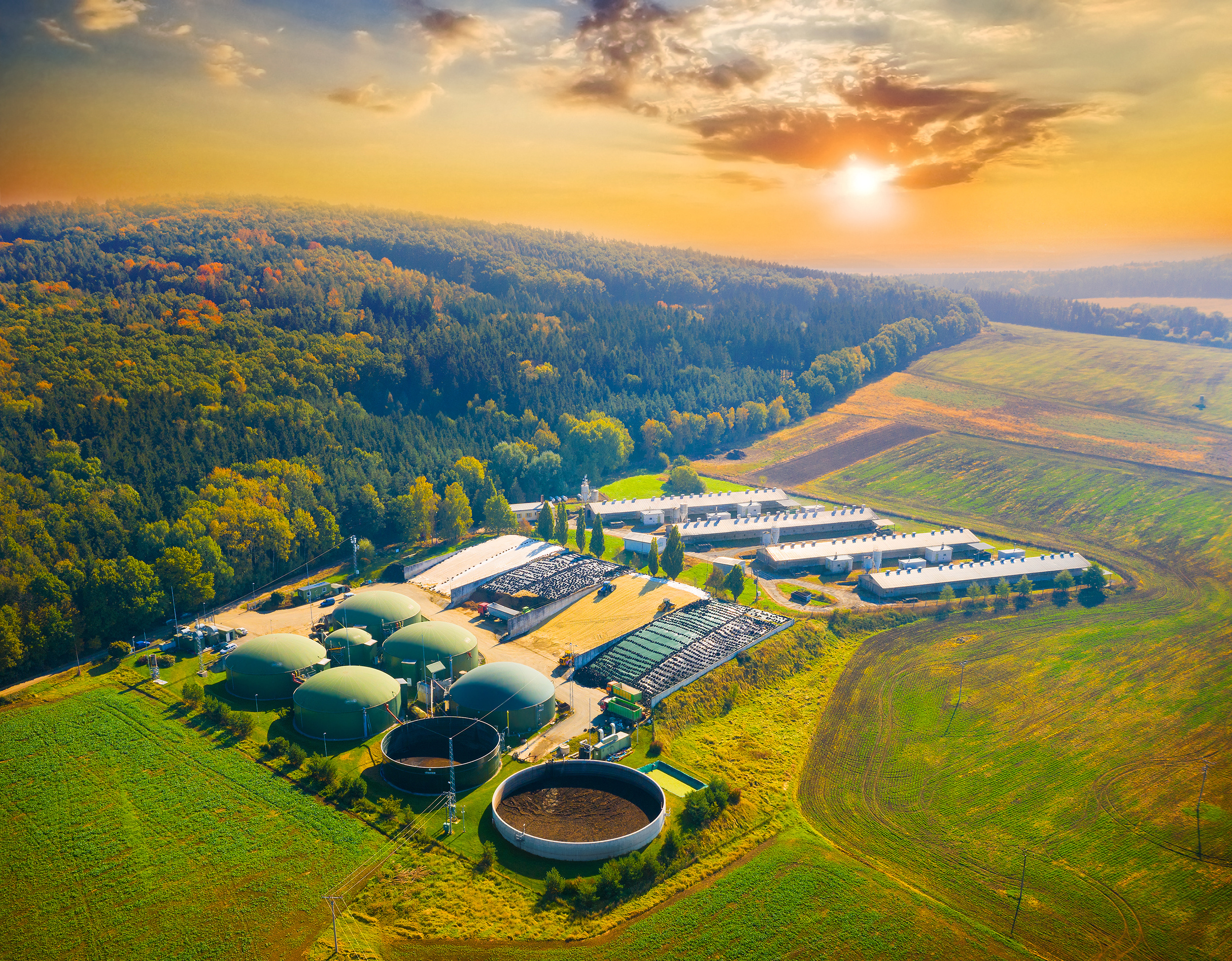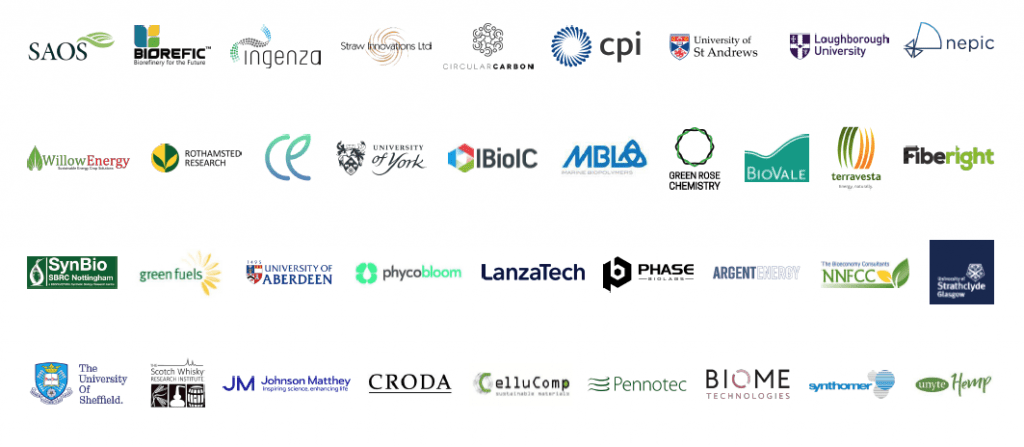Report launch: Unlocking the UK’s biomass resources as a feedstock for Chemical Manufacturing

If we are to truly defossilise our economy by 2050 in line with the government net zero goals, change needs to happen now. No sector must be left behind, and efforts to defossilise the Chemical Manufacturing sector will have a significant impact. Our latest report highlights the key steps to do so.
The Chemical Manufacturing industry supplies a range of downstream sectors with chemicals that go on to be used in a wide range of everyday applications including pharmaceuticals, consumer products, materials, coatings, as well as food and drink. Currently, much of this supply chain relies on fossil-based carbon as a feedstock and with the transition towards a net zero economy, it is essential we defossilise and adopt more sustainable feedstocks.
Biomass is an attractive sustainable feedstock for the Chemical Manufacturing sector which does not carry the negative environmental footprint of petrochemicals. However, the full potential of biomass-derived products for the Chemical Manufacturing sector is yet to be unlocked. There are several areas that require addressing before the full potential can be realised including; financial support, scale up infrastructure (for both new and existing technologies), further data collection, information sharing and supporting policy.
In this report, we set out the opportunity to transition to a sustainable Chemical Manufacturing supply chain in the UK with emphasis on utilising Industrial Biotechnology and Engineering Biology technologies.
This work complements our Chemistry and Industrial Biotechnology team’s efforts in exploring potential technology areas with industry including information sharing webinars, a report on the role of catalysis, upskilling programmes for innovators, the release of the SAF analysis tool for the sustainable aviation industry to access biomass networks, and partnership with the Bioeconomy Cluster Builder Project. Their work has also informed the BEIS Biomass Strategy call for evidence in 2021.
This document aims to reach these industry stakeholders, and those with the influence to affect real change throughout the Chemical Manufacturing sector. It is crucial for the levelling up of the UK’s infrastructure, directing finances and keeping policymakers informed of the capability of biomass to provide many of the much-needed products developed in Chemical Manufacturing. Funding support and the correct legislation will boost the impact that biomass can have on defossilising the UK’s Chemical Manufacturing sector in the coming decades.
The recommendations for enabling the transition to biomass feedstocks include, among others:
- Mapping the UK biomass sources and their applications
- Developing a prioritised list of high value chemicals refined from biomass sources, securing further engagement across the supply chain
- The formation of an open and accessible biomass refinery
To build on previous activities, our team brought together stakeholders from across the chemical sector supply chain, to share ideas and gather insights for the mutual benefit of all parties involved through a survey.
The survey, entitled “Scoping the UK Feedstock landscape and associated IB & EB opportunities to meet chemical supply chains needs as part of the transition to a net zero economy by 2050”, was conducted in 2021 with a total of 60 industry relevant participants, including:
The topics you will find in the report cover:
- The role for biomass in sustainability
- Realising the full potential of biomass
- Considering the UK landscape
- Our research into the Chemical Manufacturing supply chain
- Survey results analysis
- What we found
- Enabling a biorefinery solution
- Demonstrating commercial opportunities
- Building a priority list of high value chemicals from biomass feedstocks
- Building on the success of biocatalysis
- Funding concerns
- Recommendations.



